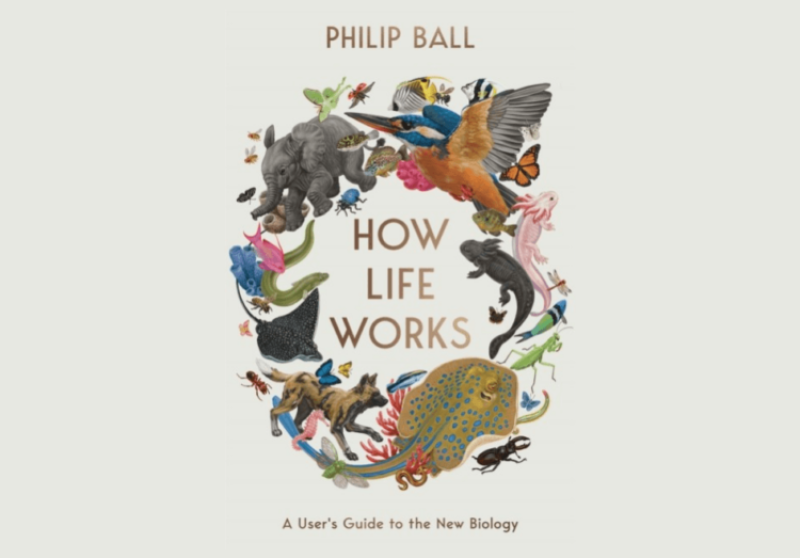For too long, scientists have been content in espousing the lazy metaphor of living systems operating simply like machines, says science writer Philip Ball in How Life Works. Yet, it’s important to be open about the complexity of biology — including what we don’t know — because public understanding affects policy, health care and trust in science. “So long as we insist that cells are computers and genes are their code,” writes Ball, life might as well be “sprinkled with invisible magic”. But, reality “is far more interesting and wonderful”, as he explains in this must-read user’s guide for biologists and non-biologists alike.
When the human genome was sequenced in 2001, many thought that it would prove to be an ‘instruction manual’ for life. But the genome turned out to be no blueprint. In fact, most genes don’t have a pre-set function that can be determined from their DNA sequence.
Ball is not alone in calling for a drastic rethink of how scientists discuss biology. There has been a flurry of publications in this vein in the past year, written by me and others. All outline reasons to redefine what genes do. All highlight the physiological processes by which organisms control their genomes. And all argue that agency and purpose are definitive characteristics of life that have been overlooked in conventional, gene-centric views of biology.































